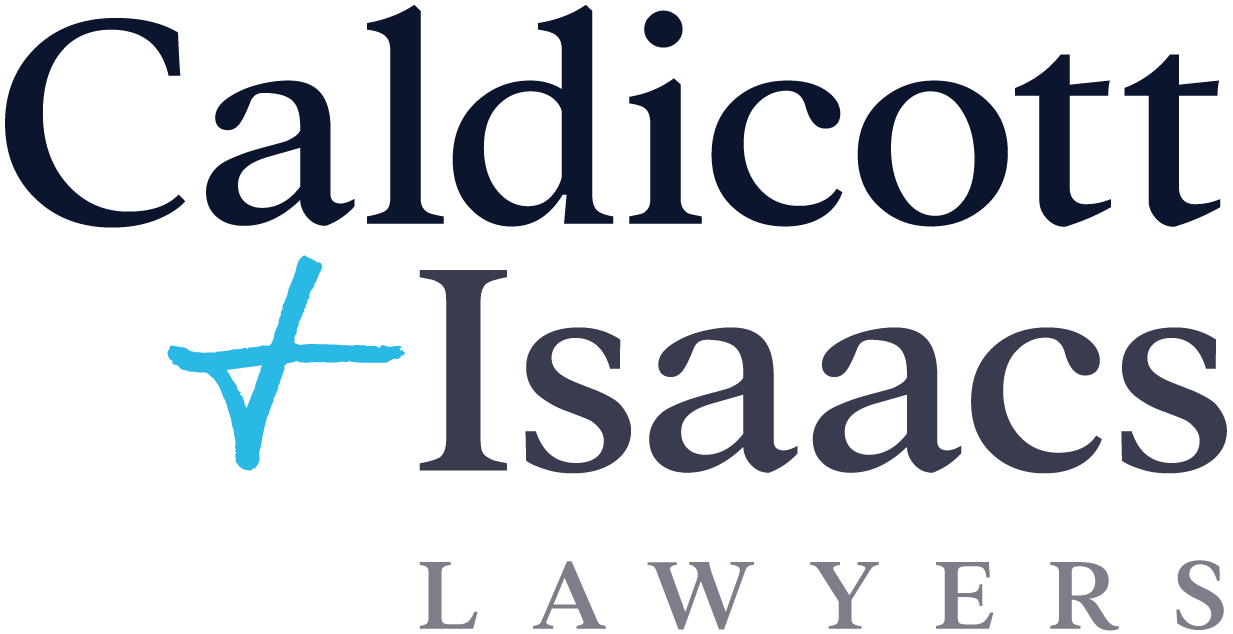Fraud can range from using a false statement on a claim form, to using multiple identities to claim several social security benefits, to highly sophisticated international financial structures designed to avoid tax. The Commonwealth Director of Public Prosecutions (CDPP) prosecute a wide range of commonwealth fraud offences, including aged care fraud, Medicare fraud, tax fraud, and social security fraud. Allegations of social security fraud (referred to colloquially as ‘Centrelink fraud’) are the most common fraud allegations we deal with at Caldicott Lawyers. The Department of Human Services refers allegations of Centrelink fraud to the CDPP.
The main offences relating to Centrelink fraud include:
- Obtaining property by deception [Criminal Code Act 1995 (Cth) ss 134.1]
- Obtaining a financial advantage by deception [Criminal Code Act 1995 (Cth) ss 134.1]
- General dishonesty – obtaining a gain [Criminal Code Act 1995 (Cth) ss 135.1]
- General dishonesty – causing a loss [Criminal Code Act 1995 (Cth) ss 135.1]
- General dishonesty – causing a loss or risk of loss [Criminal Code Act 1995 (Cth) ss 135.1]
- Obtaining a financial advantage [Criminal Code Act 1995 (Cth) ss 135.2]
The maximum penalties are:
- For obtaining property by deception: 10 years’ imprisonment
- For obtaining a financial advantage by deception: 10 years’ imprisonment
- For an offence of general dishonesty: 5 years’ imprisonment
- For obtaining a financial advantage: 12 months’ imprisonment
It may be a defence to the charge that you:
- were under duress;
- have a factual dispute;
- had a lack of intention;
- identification dispute; or
- suffer from a mental impairment.
If you are charged with obtaining property by deception, the prosecution must prove that:
- You, by a deception, dishonestly obtained property belonging to another;
- You intended to permanently deprive the other of the property; and
- The property belonged to a Commonwealth entity.
If you are charged with obtaining a financial advantage by deception, the prosecution must prove that:
- You, by a deception, dishonestly obtained a financial advantage from another person; and
- The other person is a Commonwealth entity.
If you are charged with general dishonesty, the prosecution must prove that:
- You did something with the intention of dishonestly obtaining a gain from, or causing a loss to, another person; and
- the other person is a Commonwealth entity.
If you are charged with general dishonesty (cause of loss or risk of loss), the prosecution must prove that:
- You dishonestly caused a loss, or dishonestly caused a risk of loss, to another person; and
- You knew or believed that the loss would occur or that there was a substantial risk of the loss occurring; and
- the other person is a Commonwealth entity.
If you are charged with obtaining a financial advantage, the prosecution must prove that:
- You engaged in conduct;
- As a result of that conduct, you obtained a financial advantage from another person;
- You knew or believed that you were not eligible to receive that financial advantage; and
- The other person is a Commonwealth entity.
